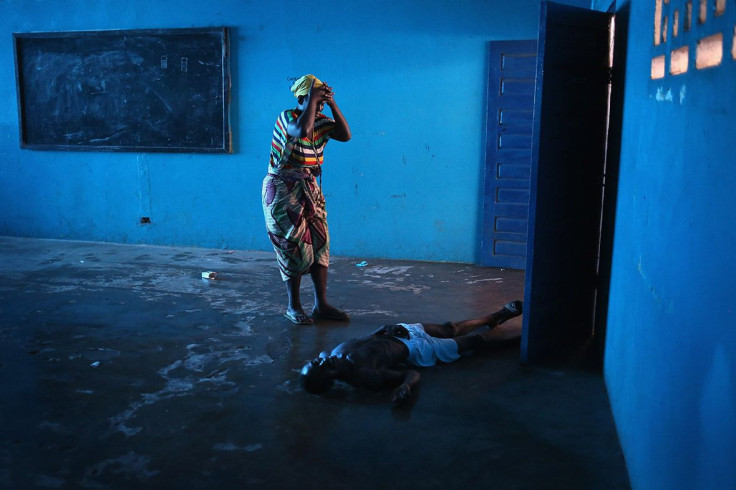Ebola Outbreak Anniversary: One Year Later, Doctors Without Borders Knocks World Health Organization For Slow Response

One year after an Ebola epidemic was first identified in West Africa, the humanitarian medical organization Doctors Without Borders published a report Monday, knocking the slow response from the United Nations’ World Health Organization and the international community. “Months were wasted, and lives were lost” in what became the worst Ebola outbreak in history, according to the report.
More than 10,000 people have died, and nearly 25,000 have been infected since the West African Ebola outbreak was declared on March 22, 2014, first in Guinea, then Liberia and Sierra Leone. Although case numbers are declining, the outbreak will not be officially declared over until zero cases are recorded in all three worst-affected countries for a period of at least six weeks, according to BBC News.
Liberia has seen the sharpest decline in cases, but the country remains at risk because of neighboring Guinea and Sierra Leone, where hot spots persist and health workers are under attack amid ongoing mistrust and fear. The overall number of new cases per week is still higher than in any previous Ebola outbreak, according to the report.
“A significant challenge remains ahead of us,” the report said. “A year later, the atmosphere of fear and the level of misinformation still circulating continue to hamper the ability to halt the virus."
Doctors Without Borders, also known as Médecins Sans Frontières (MSF), said the West African governments were initially very reluctant to recognize the severity of the outbreak, but the WHO’s slow response delayed funding and expert capability. “When it became clear early on that it was not simply the number of cases that was creating concern, but indeed the epidemic’s spread, clear direction was needed and leadership should have been taken,” Christopher Stokes, MSF's general director, said. “The WHO should have been fighting the virus, not MSF.”
The WHO declared the Ebola outbreak a “public health emergency of international concern” on Aug. 8, 2014. “By this time, more than 1,000 people had already died,” the report said, adding that the WHO should have recognized the need for “hands-on deployment” much sooner.
Earlier this year, the WHO said it made clear from the beginning “this was a very serious situation” but admitted the organization’s response was too late. “The world, including WHO, was too slow to see what was unfolding before us,” Margaret Chan, WHO director general, said in January, according to BBC News.
© Copyright IBTimes 2025. All rights reserved.





















